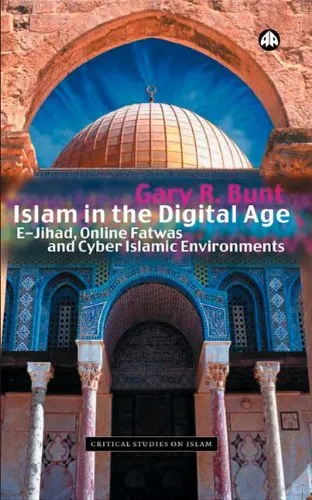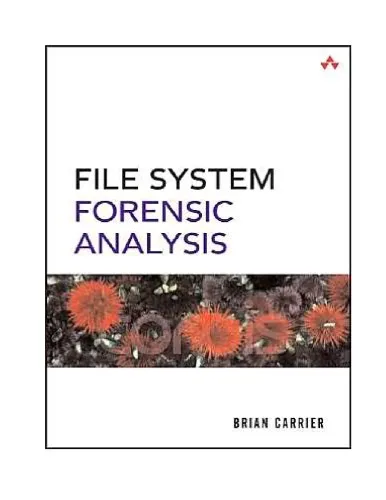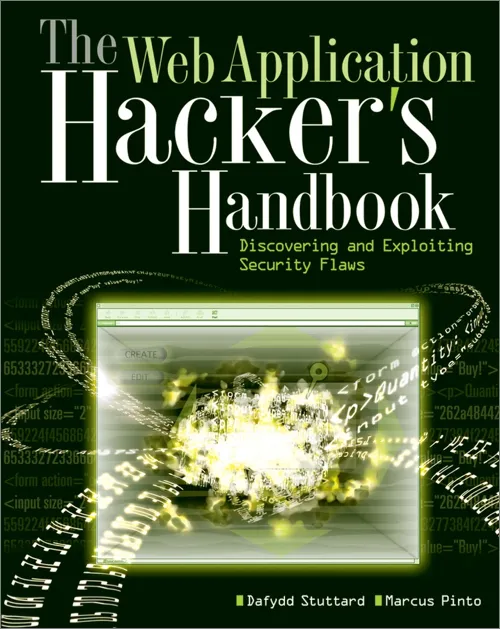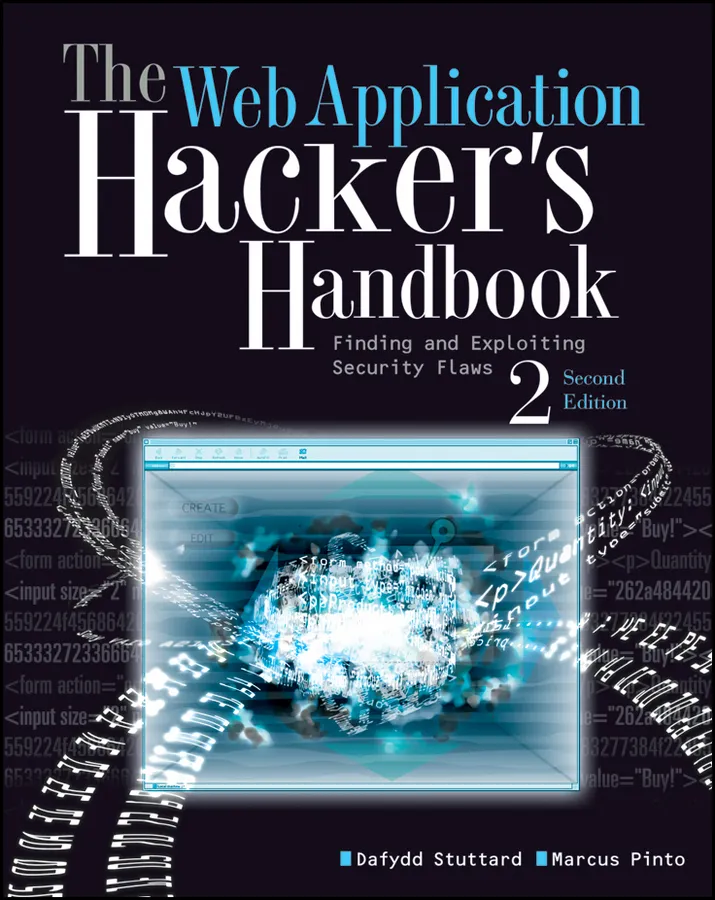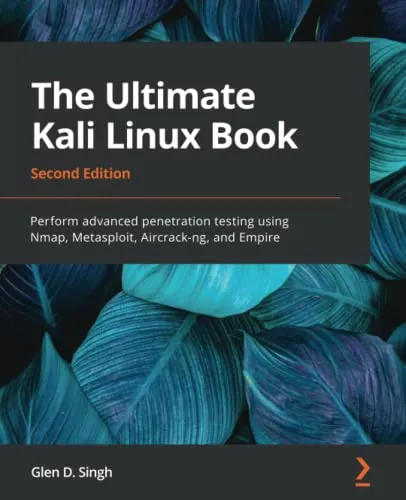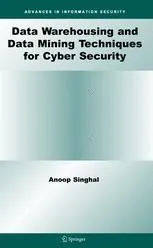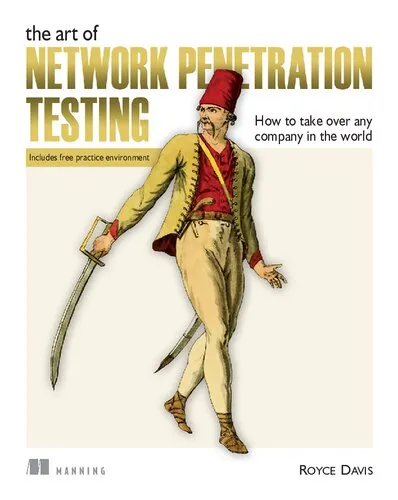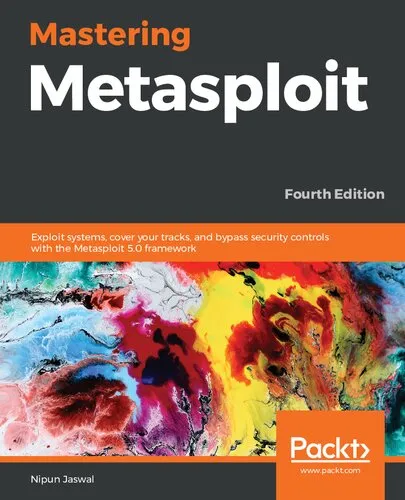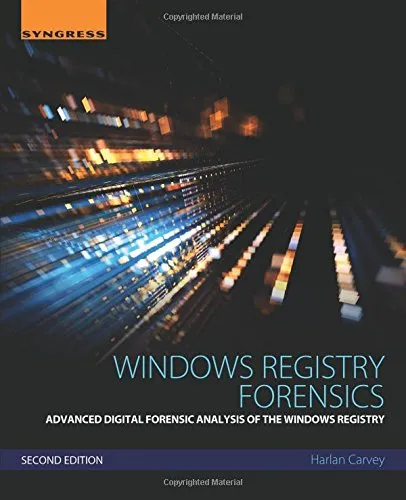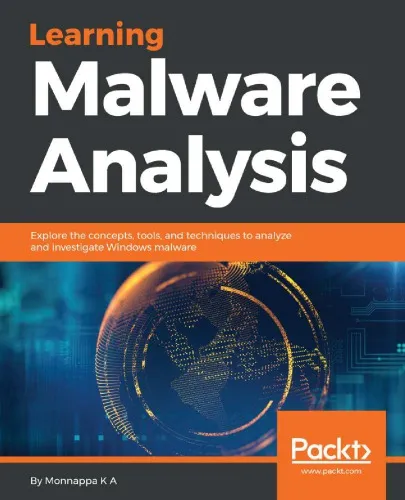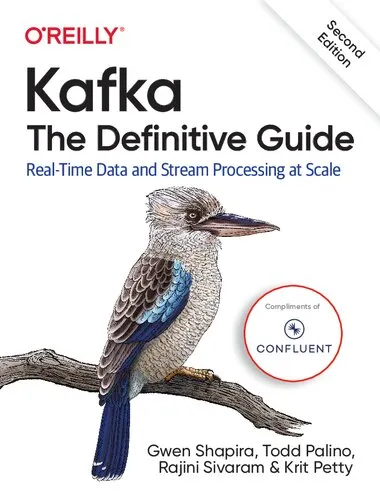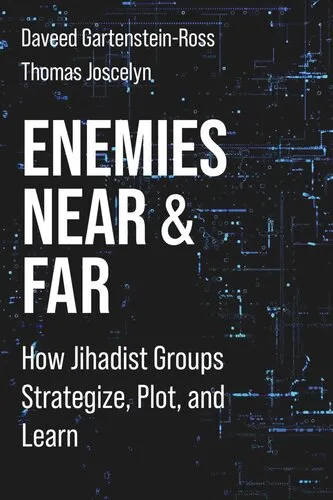Islam in the Digital Age: E-Jihad, Online Fatwas and Cyber Islamic Environme
4.5
بر اساس نظر کاربران

شما میتونید سوالاتتون در باره کتاب رو از هوش مصنوعیش بعد از ورود بپرسید
هر دانلود یا پرسش از هوش مصنوعی 2 امتیاز لازم دارد، برای بدست آوردن امتیاز رایگان، به صفحه ی راهنمای امتیازات سر بزنید و یک سری کار ارزشمند انجام بدینRelated Refrences:
معرفی دقیق کتاب "Islam in the Digital Age: E-Jihad, Online Fatwas and Cyber Islamic Environments"
کتاب "Islam in the Digital Age" نوشته گری آر. بانت، یکی از منابع برجسته و پیشگام در بررسی تعامل میان اسلام و فناوریهای دیجیتال مدرن است. این کتاب به طور جامع به موضوعاتی نظیر e-Jihad، فتاواهای آنلاین و Cyber Islamic Environments پرداخته و نشان میدهد که چگونه اینترنت و فناوری دیجیتال به ابزاری مهم و محوری برای فعالیتهای مذهبی و اجتماعی مسلمانان در سراسر جهان تبدیل شده است.
خلاصهای دقیق از کتاب
کتاب "Islam in the Digital Age" به تحلیل تغییرات فرهنگی، اجتماعی و دینی حاصل از ظهور اینترنت و فضای مجازی میپردازد. نویسنده توضیح میدهد که چگونه تکنولوژی، به ویژه اینترنت، به یک پلتفرم جهانی برای مسلمانان تبدیل شده است تا ایدهها، تمرینهای دینی، و حتی سیاستهای خود را بیان و سازماندهی کنند.
گری آر. بانت مفاهیمی نظیر e-Jihad را توضیح میدهد که به نوعی جهاد یا تلاش آنلاین اشاره دارد. او بررسی میکند که گروههای مختلف چگونه از اینترنت برای پیشبرد اهداف خود استفاده میکنند. از شبکههای اجتماعی گرفته تا ویدئوهای ویروسی، پژوهش او نشان میدهد که دین اسلام به طور خلاقانهای در فضای دیجیتال تطبیق یافته است.
علاوه بر این، مفاهیمی همچون Cyber Islamic Environments و فتاواهای آنلاین در این کتاب مورد بررسی قرار میگیرند؛ این مفاهیم به تحولاتی اشاره دارند که فضای اینترنت به عنوان یک محل برای تعاملات دینی و صدور احکام شرعی به وجود آورده است.
نکات کلیدی کتاب
- تحلیل پدیده e-Jihad و نقش آن در فضای دیجیتال.
- بررسی ظهور Cyber Islamic Environments و تأثیر آن بر تعاملات دینی.
- ارائه پژوهش درباره فتاواهای آنلاین و نحوه تغییر روند صدور احکام شرعی.
- نحوه استفاده افراد و جوامع اسلامی از اینترنت برای تبلیغ دین و فرهنگ خود.
- بررسی تأثیر رسانههای دیجیتال بر گروههای اسلامی افراطی و جامعه جهانی.
جملات معروف از کتاب
“The internet is not just a neutral tool; it is an evolving space where theology, politics, and identity intersect to produce new forms of religious expression.”
“In the digital age, the boundaries of religious practice are constantly being redefined through interaction with technology and globalization.”
چرا این کتاب مهم است؟
"Islam in the Digital Age" یک پژوهش منحصر به فرد و کاربردی است که به ما درک بهتری از چگونگی تعامل دین و تکنولوژی در عصر مدرن میدهد. این کتاب برای مخاطبانی که به دنبال فهم تعاملات اجتماعی و فرهنگی در فضای مجازی هستند، بسیار ارزشمند است. همچنین، این کتاب برای محققان علوم اسلامی، جامعهشناسی دین و ارتباطات بسیار مفید خواهد بود، زیرا مباحث جدیدی را پیرامون قدرت و نفوذ تکنولوژی در گفتمانهای دینی مطرح میکند.
علاوه بر این، این کتاب نمونهای از رویکردهای بینرشتهای است که ادغام تکنولوژی، دین و جامعهشناسی را به شکلی جدید و کاربردی ارائه میکند. اگر بخواهیم دنیای مدرن و پویایی آن را درک کنیم، این کتاب یک منبع بینظیر و ضروری است که به بررسی تأثیرات عمیق فناوری بر دین اسلام و جوامع مسلمان میپردازد.
Islam in the Digital Age: E-Jihad, Online Fatwas, and Cyber Islamic Environments
Islam in the Digital Age: E-Jihad, Online Fatwas, and Cyber Islamic Environments is an insightful exploration of how Islam has intersected with the rapidly evolving digital era. Written by Gary R. Bunt, this book provides an in-depth analysis of how the internet, social media, and technological advancements have fundamentally redefined religious practices, communication, and ideologies within the global Islamic community. The text examines pivotal themes such as the concept of electronic jihad (e-jihad), the dissemination of online fatwas, and the creation of "Cyber Islamic Environments," which serve as virtual spaces for religious engagement, learning, and networking.
This work combines comprehensive research with real-world examples to explore how Muslim communities, scholars, and activists utilize digital tools to shape religious discourse, inform believers, and, in some cases, propagate specific ideological agendas. By analyzing the profound impact of digital technologies on Muslim identities, practices, and beliefs, Bunt provides a nuanced understanding of this multifaceted transformation.
This introduction contextualizes the book's scope by underscoring the growing importance of understanding how modern technology influences religious practices, particularly in a globalized world. Whether you're a scholar, student, or someone with an interest in the intersection of religion and technology, this book offers a valuable framework for grasping the dynamics of Islam in the twenty-first century.
Detailed Summary of the Book
In Islam in the Digital Age, Bunt delves into three primary areas of study. First, the concept of "E-Jihad" explores how digital platforms are being used by various actors to engage in ideological battles, including the propagation of militant or political visions. Far from focusing solely on extremism, this analysis also evaluates how peaceful Islamic movements employ technology to reach wider audiences and advocate for religious awareness and activism.
The second area examines online fatwas—religious edicts issued over the internet by scholars and clerics. Bunt explores how technological tools facilitate unprecedented access to religious guidance, offering opportunities for interactive consultations. This section highlights the role of authority and authenticity in a digital era where such edicts can cross cultural and geographical boundaries instantaneously.
Lastly, Bunt investigates "Cyber Islamic Environments"—virtual spaces that serve a variety of purposes, from education and worship to dialogue and political mobilization. The discussion extends to the implications of social media platforms, blogs, forums, and websites in creating these environments. The book further identifies tensions between traditional Islamic scholarship and modern digital expressions of the faith.
Key Takeaways
- Digital tools have become indispensable for the practice, dissemination, and evolution of Islam in the modern age.
- E-Jihad is a multifaceted term, encompassing peaceful endeavors, activism, and, in some cases, extremist activities.
- Online fatwas demonstrate technology's role in reconfiguring the scope of religious authority across borders.
- Cyber Islamic Environments empower individuals to engage with religion on their own terms, even sparking debates about the democratization of religious knowledge.
- The book sheds light on the balance between traditional Islamic practices and the rapidly changing digital landscape.
Famous Quotes from the Book
“The digital age has opened limitless doorways to religious expression, connection, and, inevitably, conflict.”
“The democratization of religious knowledge through online mechanisms challenges long-standing hierarchies, while simultaneously creating new forms of authority.”
“E-Jihad signifies not only conflict in cyberspace but also the ongoing struggle for the soul of Islam in a digitally connected world.”
Why This Book Matters
Islam in the Digital Age is essential reading for anyone seeking to understand the complexities of Islam as it interacts with rapidly advancing technology. By addressing how information technology reshapes religious practices and narratives, the book offers invaluable insights into issues of authority, identity, and globalization. Its focus on the contentious, diverse, and evolving expressions of Islam in cyberspace makes it a foundational text in the study of digital religion.
In a time when religion and technology are increasingly intertwined, this book equips readers with a critical toolkit to navigate and understand the socio-political, cultural, and theological shifts shaped by the digital era. It underscores the importance of studying digital tools' impact on faith, not only for Muslims but for religious communities worldwide.
دانلود رایگان مستقیم
شما میتونید سوالاتتون در باره کتاب رو از هوش مصنوعیش بعد از ورود بپرسید
دسترسی به کتابها از طریق پلتفرمهای قانونی و کتابخانههای عمومی نه تنها از حقوق نویسندگان و ناشران حمایت میکند، بلکه به پایداری فرهنگ کتابخوانی نیز کمک میرساند. پیش از دانلود، لحظهای به بررسی این گزینهها فکر کنید.
این کتاب رو در پلتفرم های دیگه ببینید
WorldCat به شما کمک میکنه تا کتاب ها رو در کتابخانه های سراسر دنیا پیدا کنید
امتیازها، نظرات تخصصی و صحبت ها درباره کتاب را در Goodreads ببینید
کتابهای کمیاب یا دست دوم را در AbeBooks پیدا کنید و بخرید
1473
بازدید4.5
امتیاز0
نظر98%
رضایتنظرات:
4.5
بر اساس 0 نظر کاربران
Questions & Answers
Ask questions about this book or help others by answering
No questions yet. Be the first to ask!
